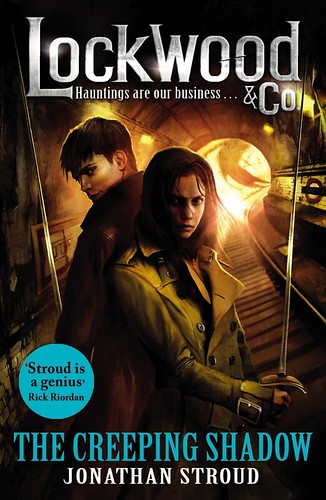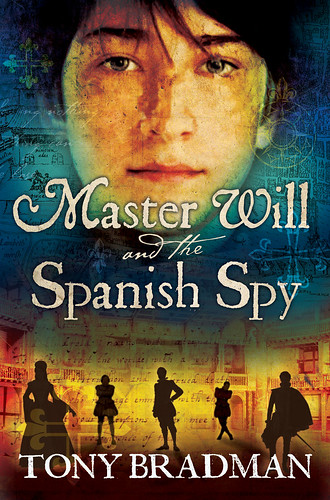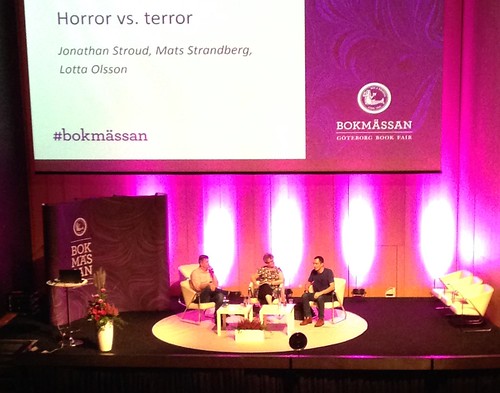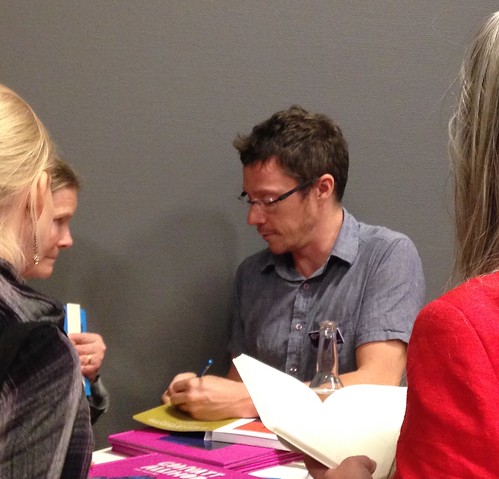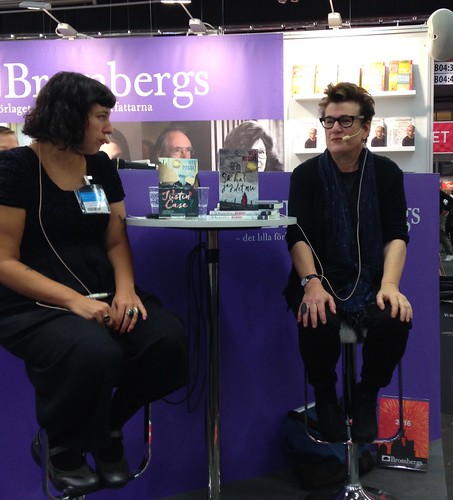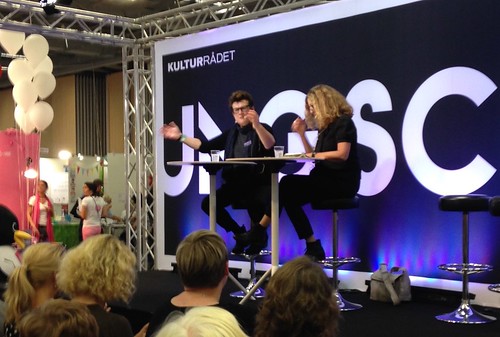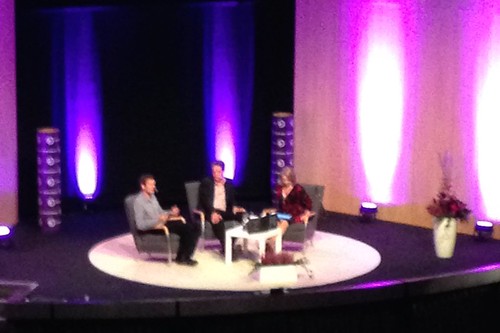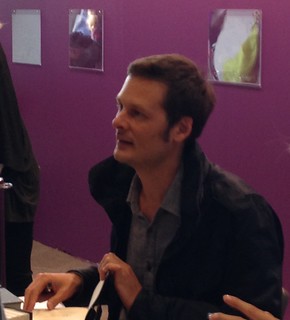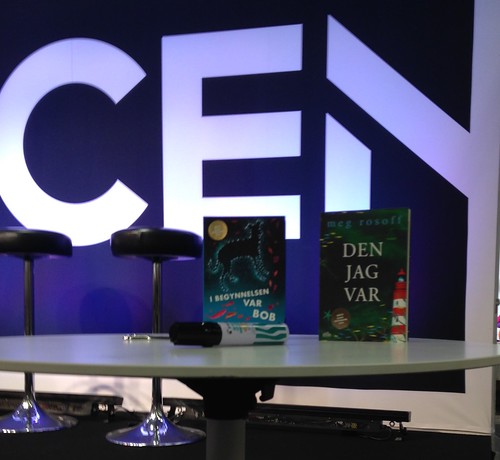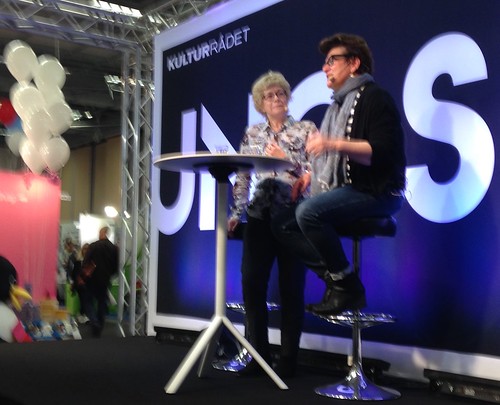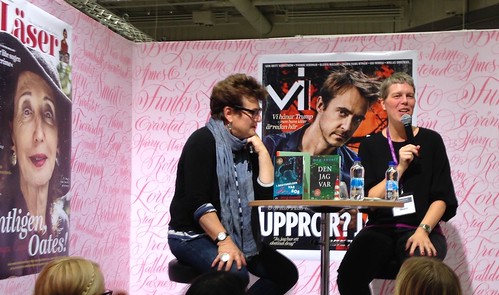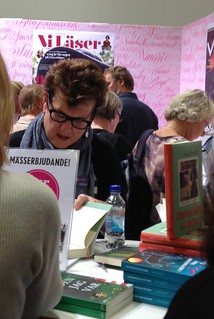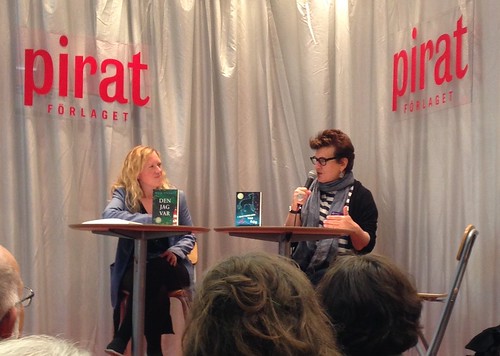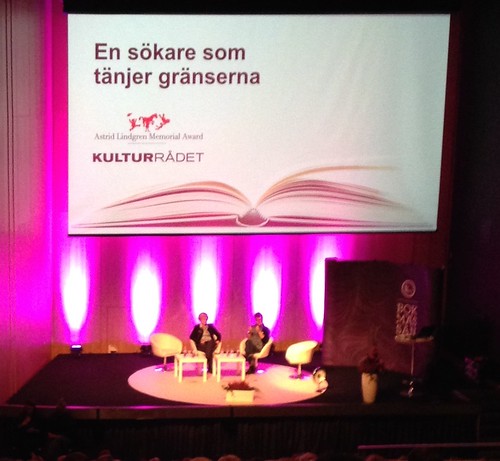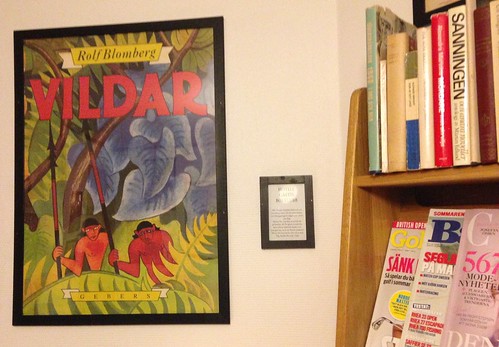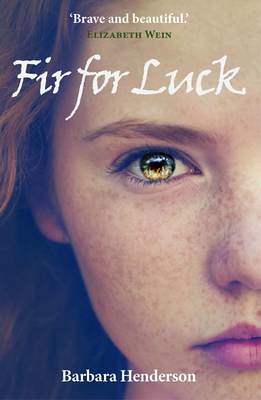You’ll probably get it wrong. But as long as you don’t insult me – and by that I mean say unkind things about my size, age or intelligence [I prefer to cover this myself] – you can write about me. If I were to review you, I’d most likely point out how wrong you were, while trying not to insult your intelligence.
But I can’t see how writing about me, the Swede, if you are not one yourself, can be wrong, or that it should be forbidden.
I wondered a bit where all this upset over cultural appropriation went while I was away. It was all over the place as I left, and I was in the very odd position of having to agree with Lionel Shriver; something I generally take steps to avoid. The Guardian printed her whole Australian speech from a few weeks ago, and I could find fault with nothing.
How can we not ‘appropriate’ someone else’s culture? It’s everywhere, and if I were to write a novel, say, it’d be pretty boring if it only featured 60-something females from Sweden.
Never mind the sombreros. If we must write only about what we ourselves are, I need to leave the men alone. I don’t know what it’s like to be a man. If I tried, he might be insulted. Or an 85-year-old Englishwoman. Or just about anyone.
It is, of course, possible to outlaw all this. There could be a legal requirement not to write about other people, not to make things up. I hope we never get there, but the way things are going it wouldn’t surprise me in the least. As for asking permission first; how can you find everyone who owns a particular kind of culture? What if they don’t agree – with each other – and some say yes and others say no?
I believe I actually complained about someone getting things wrong, and having missed the point of the life of a Swede like me, earlier this year. I didn’t feel the person responsible for the rather attractive book cover in question shouldn’t have done it. I just would have preferred my ‘correct’ view of what things looked like to have been used. In fact, Seacrow Island is a good example of this thorny issue, because I do have strong feelings and opinions on the matter. But I really don’t feel that ‘foreigners’ should leave my childhood dream alone. It’s there for anyone to use.
And if you are of an age to have been around when the Famous Five were written, I apologise for thinking everyone in England was like that. And then there’s the belief that Wales is in England.
We can all be so very wrong about so much. But many of us mean well.
While I was away a book arrived in the post. It’s about Prince George and his potty-training. It’s a cute book and a cute subject, and I can see how potty-training is a good topic for young readers to become enthused about. But it suddenly struck me that this was about the supposed problems of getting used to a potty, as experienced by a real person. A Prince, yes, but still a small child with the right to privacy.

